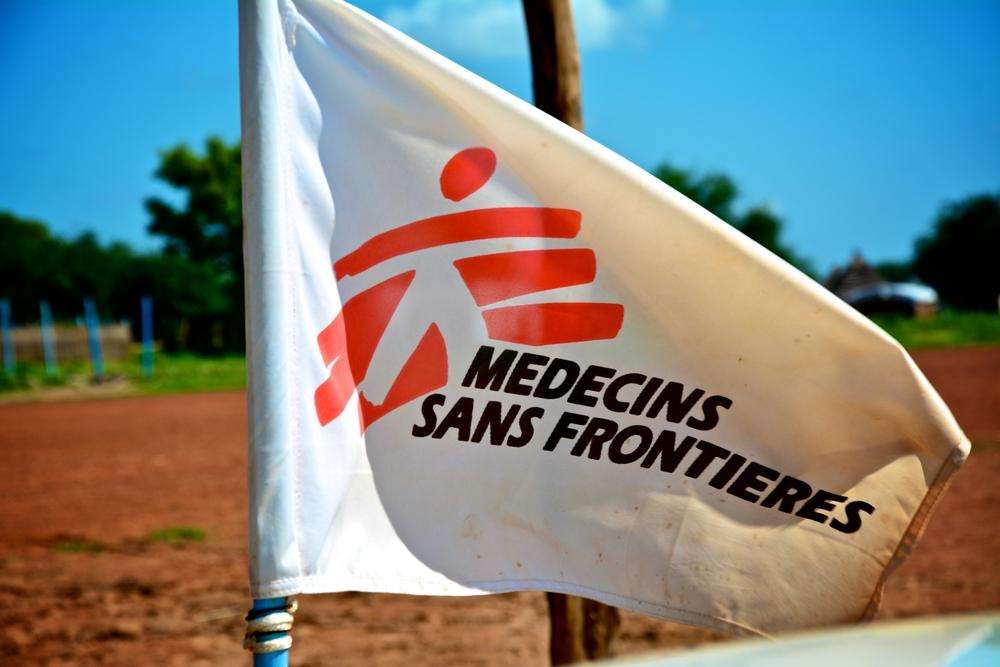"They just slaughter you, whether you're a man, woman, or child," says Maria. "I lost all my brothers and my relatives. Life here is very difficult."
Maria, whose name was changed to protect her anonymity, is just one of 630,000 refugees who have fled to northern Uganda since July 2016, following renewed violence in South Sudan. Thousands more cross the border every week, bringing the total number of South Sudanese refugees and asylum-seekers in the country to more than 900,000. Uganda now hosts more refugees than anywhere else in Africa—and more than the total number of people granted asylum in the whole of Europe in 2016.
While those arriving are in relatively good health, many tell stories of horrific violence in their place of origin or on their journey. The scale of the refugee influx has also pushed Uganda’s progressive refugee policies to the limits, overwhelming reception conditions and the government’s ability to respond.
An Insufficient Emergency Response
"Despite the large-scale humanitarian mobilization, the emergency response is still far from being sufficient, and many people have been left with insufficient water, food, and shelter," says Jean-Luc Anglade, Doctors Without Borders/Médecins Sans Frontières (MSF) head of mission in Uganda. Many newly arrived refugees have no choice but to sleep under trees, and delays in food distributions and a lack of potable water have even prompted some refugees to return to South Sudan.
In addition, despite over 85 percent of the new arrivals being women and children, and despite widespread reports of sexual violence in South Sudan, there are very few organizations responding to their specific protection needs. "As the flow of refugees shows no sign of abating, a sustained and long-term effort will be needed to assist these people over the next months, if not years," says Anglade.
Read More: "We Left With Nothing"
In addition to its operations in South Sudan, MSF has been responding to the humanitarian crisis in Uganda since July 2016. MSF currently works in four refugee settlements in northwestern Uganda: Bidi Bidi, Imvepi, Palorinya, and Rhino. The organization provides inpatient and outpatient medical care, maternity care, nutrition services, community health surveillance, and water and sanitation.
MSF also responded to an influx of refugees into Lamwo, on the border with South Sudan, after an attack in Pajok in South Sudan’s Eastern Equatoria region, but has since handed over these activities to other organizations.
Addressing Water Needs
Access to water is one of the biggest challenges in the refugee settlements, and MSF is scaling up operations for water support. In Palorinya, MSF produces an average of two million liters per day from the River Nile, supporting over 100,000 people.
"There is a never-ending cascade of challenges," says Casey O’Connor, MSF project coordinator in Palorinya. "We can treat millions of liters of water a day, but it all needs to be trucked to water tanks in refugee settlements that are 150–250 square kilometers. After heavy rains, many roads become impassable. This leaves tens of thousands of people without water for days. And in the rainy season, if people can’t get clean water, they will resort to using dirty, disease-ridden standing water. This can turn the health status of a population on its head—from relatively healthy to disease outbreak in a matter of days."
In addition to responding to the refugee influx, MSF runs regular programs in Uganda providing sexual and reproductive health services for adolescents in Kasese, HIV/AIDS care for the fishing communities on Lake George and Lake Edward, and viral load services for HIV/AIDS patients in Arua Regional Hospital.




